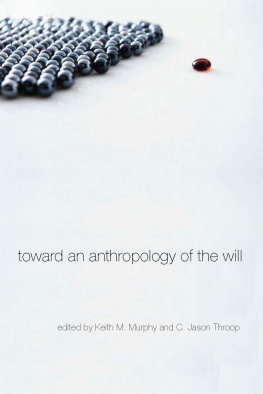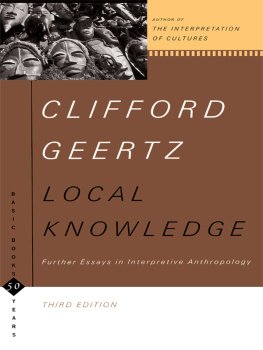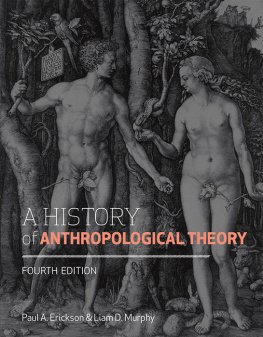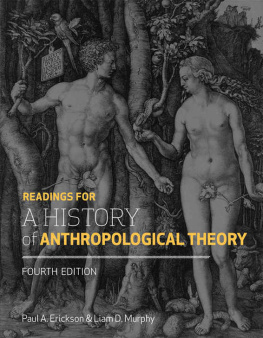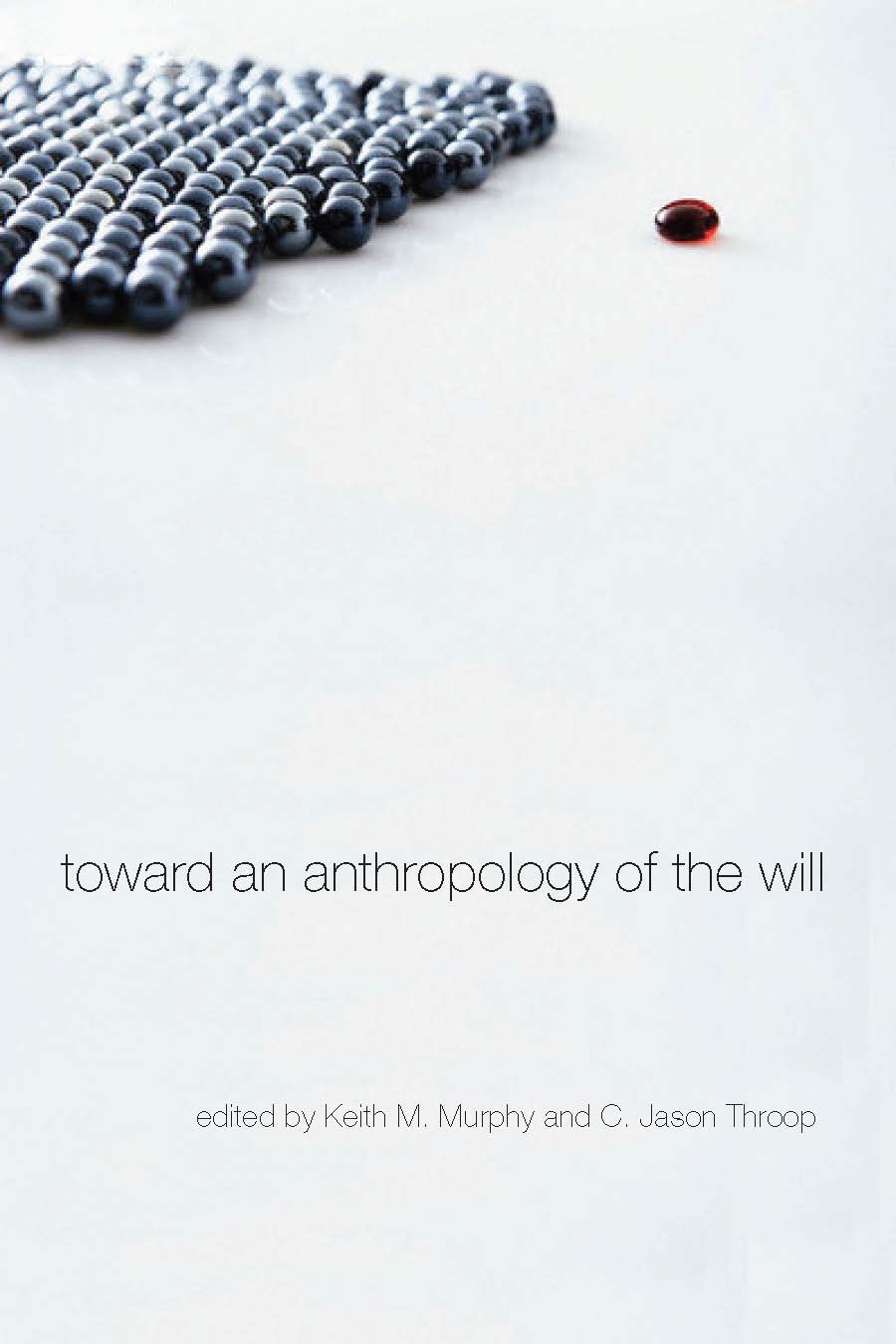AFTERWORD
Willing in Context
Douglas W. Hollan
I HAVE WANTED TO WRITE THIS AFTERWORD for a long time now. Not only because the topic is a stimulating and challenging one, but also because I made a promise to the editors to do so. Many things have intervened and have made it difficult for me to accomplish my task, however. At least I tell myself this. I have been swamped with prior and competing obligations, some professional, some personal. I have been traveling a lot. I have been learning how to teach large, undergraduate courses again, after several years of not teaching such demanding courses. I have been helping to develop a new academic program on campus. The reasons go on and on.
What does my failure to write up until now say about my will to write, if anything? Are we to take my reasons for not writing at face value? To presume that the will does not always provide a way after all, when other people and things or duties and responsibilities intervene? Or is my failure to write up until now prima facie evidence of my lack of will, perhaps even of a pathology of will, the kind that might have caught the attention of the pioneering German psychiatrist, Emil Kraepelin (Good, Chapter 8)? And if this is a lack or failure of will, who is to blame (Garro, Mattingly, Groark, Mageo, this volume)? Must I shoulder all the responsibility myself or do the chains of agency (Stewart and Strathern, Chapter 7) extend beyond myself to the people and community around me, perhaps even to the spirits, gods, and ancestors around me, whom have either enabled or impeded my work? Is it possible that other people not only share responsibility for my failure to write, but have intervened actively, magically or otherwise, to prevent me from writing (Garro, Chapter 4), so as to hurt or embarrass me?
Or is the whole line of thinking a form of self-deception (Fingarette 1969) and bad faith (Sartre 1974) on my part, which allows me to evade my personal responsibility and lack of will? Perhaps I have other less conscious or even unconscious motives and desires that have interfered with my will to write (cf., Mageo, Groark, this volume). Perhaps I worry that I will disappoint people and let them down. Or fear excessive and unfair criticism. Or perhaps I harbor secret feelings of defiance toward anyone or anything that appears to constrain my freedom, so that my apparent lack of will is actually an indirect and disguised assertion of will, the willfulness of noncompliance.
But if the reasons for my failure to write are potentially so varied, complex, and multi-layered, how are we ever to decide which reasons are actually at play, which descriptions of my will (or lack of will) most accurate and convincing? What kinds of information would you need to know about me to determine that? And how would you go about obtaining such information in an ethical, nonjudgmental, anthropological way?
The chapters in this volume help us think through such puzzling issues about the will and related phenomenal states. All of them make the will or some aspect of willing the primary and explicit focus of analysis, which as the editors note, is unusual in the anthropological literature, even within the more specialized field of psychological anthropology. This alone makes the volume an important contribution. But more significantly, these chapters when taken collectively throw light on a paradox at the very heart of our conception of the will: namely, that our sense of volition and control over ourselves and other things, even when felt most strongly, is always embedded in and influenced by biological, social, and cultural processes of which we are usually unaware or that extend far beyond ourselves. Acknowledging this does not necessarily mean conscious will is a complete illusion, as Daniel Wegner (2002) has argued recently. But it does mean that the will is more complex and over-determined that we often have taken it to be, and that grand old debates about free will versus determinism will need to be recast more in terms of free will and determinism (cf. Mitchell 1988, Groark, Chapter 5). Indeed, cross-cultural perspectives such as these enable us to recognize the extent to which many of these grand old debates are themselves rooted in cultural traditions that valorize, morally and pragmatically, individual initiative and autonomy over other types of human action and behavior. I will have more to say about this later.
I will not comment at length on all the contributions here, even though all are worthy of extended comment. Rather, I will discuss several issues that interweave among the chapters. I separate these themes out and highlight them for purposes of analysis, but as we shall see, almost all of them entail one another, both logically and ethnographically. My points of departure are the central organizing questions that all of the authors address, either directly or indirectly: What is the will? Where it is located (in both space and time)? What is its moral valence? Does it imply conscious awareness and choice?
WHAT IS THE WILL?
The editors note that one of their goals here is to encourage anthropologists and others to be more explicit in their description and analysis of willing and related phenomena. They note that the term is often used interchangeably and in a confusing way with such related concepts as volition, purpose, wish, desire, intention, agency, and so on (cf. Throop, Garro, Mattingly, all this volume). Throop (Chapter 2) in particular is intent on cutting through some of these conceptual tangles. Drawing on a phenomenological framework, he attempts to identify three core aspects of willing that could be found anywhere and that clearly distinguish it from other phenomenological and psychological states. These being the sense that one is the author of ones own thoughts, ideas, and actions (own-ness), that one anticipates an outcome as it unfolds into the future (anticipation/goal directedness), and that ones intended act or behavior requires effort or energy (effortful-ness). While Throop contends that all three of these aspects must be present for an act of willing to be identified, he suggests as well that the three may vary independently of one another, as cultures either underscore and exaggerate their significance or underplay and elide them (cf. Levy 1973, 1984). For example, willing will be experienced differently in a place where a sense of own-ness is culturally highlighted but effortful-ness downplayed than in a place where the reverse is true. Given this analytical frameworkthree aspects of willing all varying independently of one another from nearly (but not completely) absent to clearly present in an exaggerated wayone readily apprehends the multi-dimensionality of the willing process, its experiential richness and potentialities, and its dependence on cultural processes that may vary widely from one time and place to another.
This call for anthropologists to be more explicit and systematic in their cross-cultural analyses of basic psychological and phenomenological states is reminiscent of the one Hallowell (1955) made for the study of self and other emotional states and processes more than fifty years ago, and it follows in the wake of those like White and Kirkpatrick (1985) whom more recently have encouraged the study of ethnopsychologies. But despite the familiarity of the call, it is a difficult, challenging one, and one that none of the contributors here answers in quite the way that Throop proposes. Of course this is partly because the authors have had little time to incorporate Throops suggestions into their contributions. But I think it is also because the messiness of the willing process and its investigation in fieldwork settings resist the conceptual explicitness and clarity that Throop envisions, however meritorious. For example, Stewart and Strathern (in New Guinea) and Mageo (in Smoa) report the difficulty of finding a word or concept that captures very precisely either the denotations or connotations of will or willing in English. And almost all the contributors note, in one way or another, how seemingly difficult it is for people to clearly and unambiguously identify willing-like processes in themselves or in other people, given how opaque such processes can be and how easily influenced and contested by other people, oneself, and even by ghosts, spirits, gods, ancestors, and other entities.

